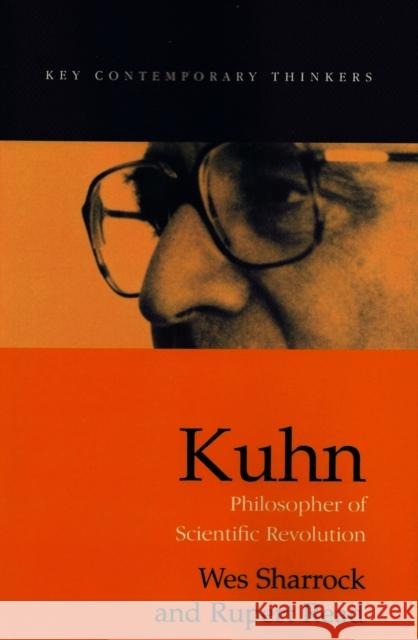Kuhn: Philosopher of Scientific Revolutions » książka
Kuhn: Philosopher of Scientific Revolutions
ISBN-13: 9780745619293 / Angielski / Miękka / 2002 / 248 str.
Kuhn: Philosopher of Scientific Revolutions
ISBN-13: 9780745619293 / Angielski / Miękka / 2002 / 248 str.
(netto: 88,33 VAT: 5%)
Najniższa cena z 30 dni: 91,61
ok. 30 dni roboczych.
Darmowa dostawa!
Thomas Kuhn's shadow hangs over almost every field of intellectual inquiry. His book The Structure of Scientific Revolutions has become a modern classic. His influence on philosophy, social science, historiography, feminism, theology, and (of course) the natural sciences themselves is unparalleled. His epoch-making concepts of 'new paradigm' and 'scientific revolution' make him probably the most influential scholar of the twentieth century.
Sharrock and Read take the reader through Kuhn's work in a careful and accessible way, emphasizing Kuhn's detailed studies of the history of science, which often assist the understanding of his more abstract philosophical work. These historical studies provide vital insight into what Kuhn was actually trying to achieve in his The Structure of Scientific Revolutions: an endeavour far less extreme than either his 'foes' or his 'fans' claim. In the book's second half, Sharrock and Read provide excellent explications, defences and, where appropriate, criticisms of Kuhn's central concept of 'incommensurability', and tackle head on the crucial issue of whether Kuhn's insights concerning the natural sciences can be extrapolated to other disciplines, such as the social sciences.
This is the first comprehensive introduction to the work of Kuhn and it will be of particular interest to students and scholars in philosophy, theory of science, management science and anthropology.











